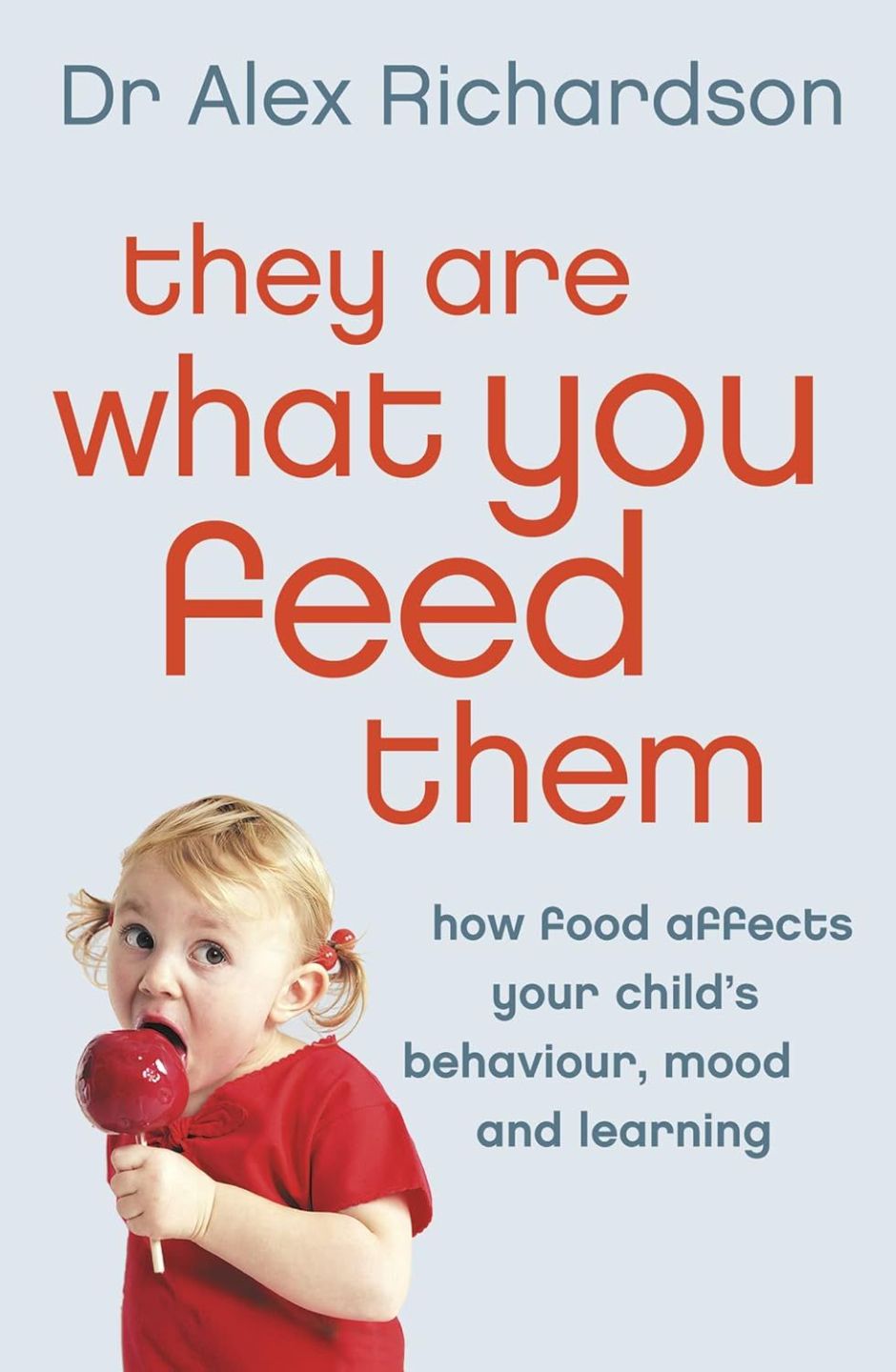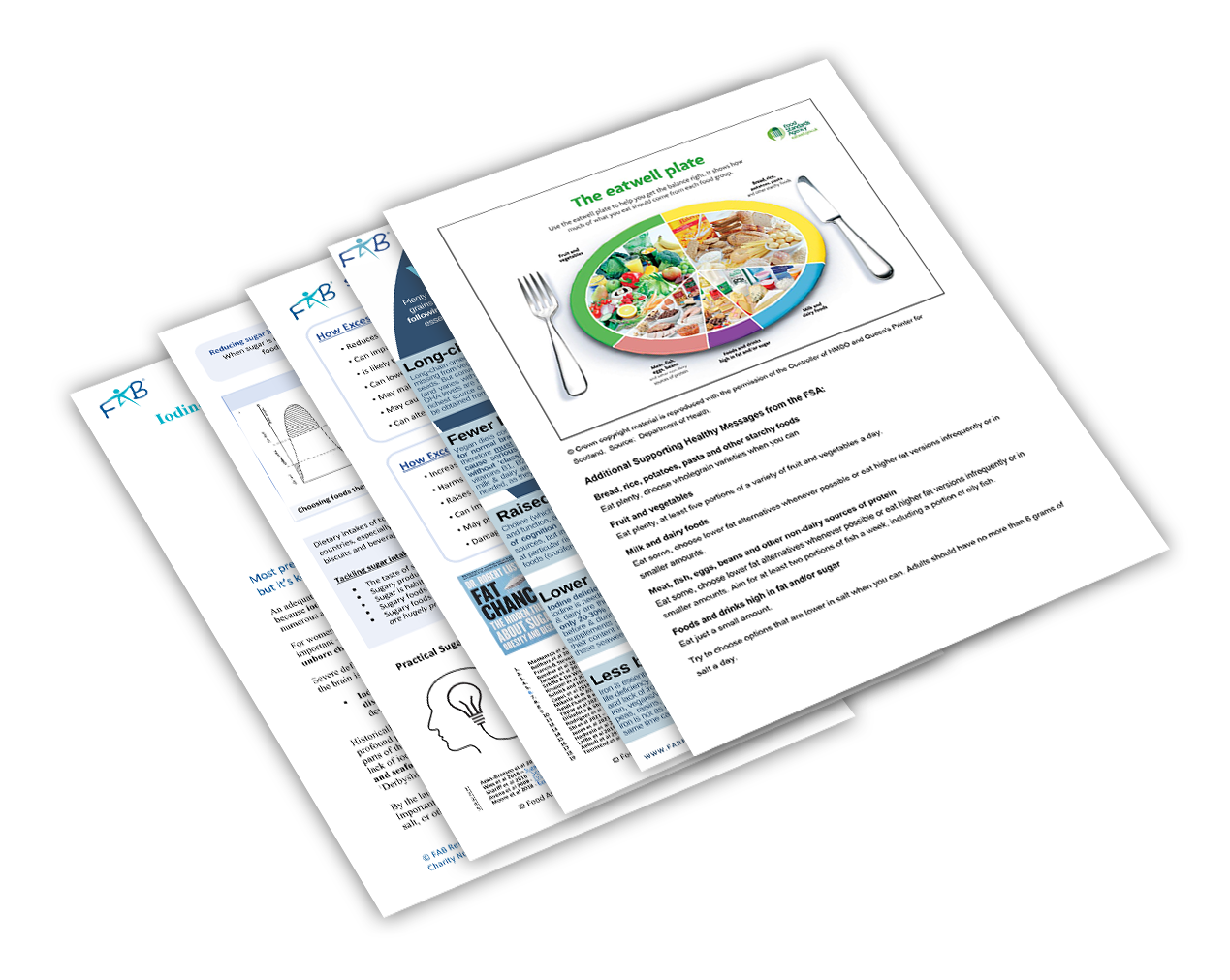Receive exclusive content, promotions, news and events to your mailbox.
They Are What You Feed Them
The right food choices can transform your child

What your child eats can have a profound effect on his or her ability to read, write, concentrate and remember things. In fact, the right foods can actually improve your child's ability to learn, and can help with everyday difficulties in mood and behaviour, as well as conditions like attention-deficit hyperactivity disorder, dyslexia, dyspraxia and Autistic Spectrum Disorders.
In this cutting-edge book, Dr Alex Richardson, the UK's number one authority on how nutrition impacts children's behaviour and learning, exposes the truth about what children eat - or fail to eat.
She explains why common culprit foods can be so damaging - and so irresistible - and shows how to bring the best choices into your child's diet. A few simple changes can be all it takes to make the world of difference.
- The best - and the worst - foods revealed
- Easy steps to free your child from 'food traps'
- Simple, child-friendly recipes
- Practical tips, and a 12-week plan to help your child make the best food choices
- Advice on key lifestyle factors, including sleep
All author proceeds from this book go to the FAB Research charity - to help support the work we do
Buy your copy of 'They Are What You Feed Them' here.

Dr Alex Richardson is the founder of FAB Research, and a world-renowned researcher, author, and educator.
Based at the University of Oxford for 30 years, she is now a Visiting Research Fellow at Bournemouth University, the impact of her 90+ publications puts Dr Richardson in the top 3% of academic researchers worldwide.
She is best known for her research into how nutrition (and particularly fatty acids) can affect behaviour, learning and mood, as her pioneering clinical trials were the first to show that dietary supplementation with omega-3 (and omega-6) fats can improve behaviour and learning in children with dyslexia, dyspraxia, ADHD and related conditions; and that this approach may also help many other children without such diagnoses.
Her work also includes some of the earliest reports of successful nutritional approaches to both depression and schizophrenia in young adults, which others have since confirmed and extended (although as with child behaviour and learning difficulties, these broad descriptive diagnoses mask considerable individual variability).
Get the latest insights in nutrition and brain health

More articles


Food and Behaviour Research is a registered charity (No SC034604) and a company limited by guarantee (Co No SC 253448)
what we do
Important Notice:
Medical opinion and guidance should always be sought for any symptoms that might possibly reflect a known or suspected disease, disorder or medical condition. Information provided on this website (or by FAB Research via any other means) does not in any way constitute advice on the treatment of any medical condition formally diagnosed or otherwise.
All Rights Reserved | Food and Behaviour Research | Privacy Policy | Terms of Use | Accessibility







